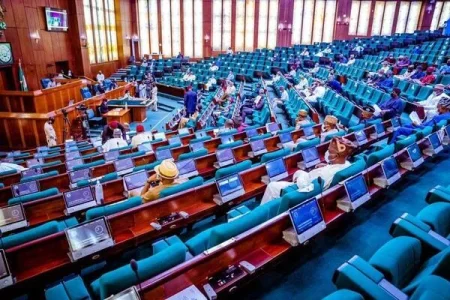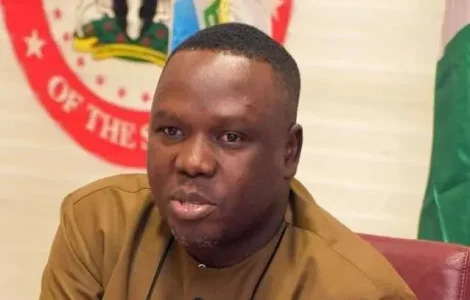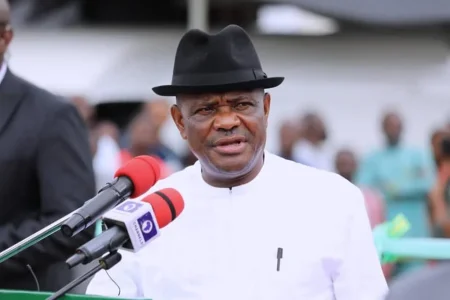
The House Committee on Appropriations Chairman, Abubakar Kabir Abubakar (APC, Kano), shed light on the factors driving the significant N1.2 trillion increase in the 2024 budget. His explanations revolved around the escalating inflation rates and a commitment from government-owned enterprises (GOEs) to elevate their revenue to N700 billion.
Abubakar emphasized the economic realities of inflation and the fluctuating exchange rate for the dollar. While the executive initially proposed N750 to the dollar, careful analysis led the committee to deem it unrealistic. Consequently, they adjusted the exchange rate to N800 to align with the prevailing economic conditions.
The pivotal factor in the budget augmentation, as outlined by Abubakar, was the collaborative effort with GOEs. Recognizing the need for a more robust financial stance, the enterprises pledged to enhance their revenue. This collaborative commitment culminated in the substantial N1.2 trillion addition, primarily directed towards capital expenditures.
Breaking new ground, Abubakar highlighted that this budget marks the first time the capital allocation surpasses recurrent expenditure. A notable allocation of approximately N850 billion to education was underscored as a strategic move to prioritize critical sectors.
The Appropriation Bill, successfully passed by the National Assembly, unveils a comprehensive financial strategy. Key highlights include N1,742,786,788,150 for statutory transfers, N8,270,960,606,831 for debt servicing, N8,768,513,380,852 for recurrent (non-debt) expenditure, and a substantial N9,995,143,298,028 contribution to the development fund for capital expenditure.
In conclusion, Abubakar expressed confidence in the brilliance of this budget, anticipating significant impacts across various sectors. As the nation grapples with economic complexities, this explanation provides valuable insights into the decision-making processes shaping the fiscal landscape for the year 2024.




